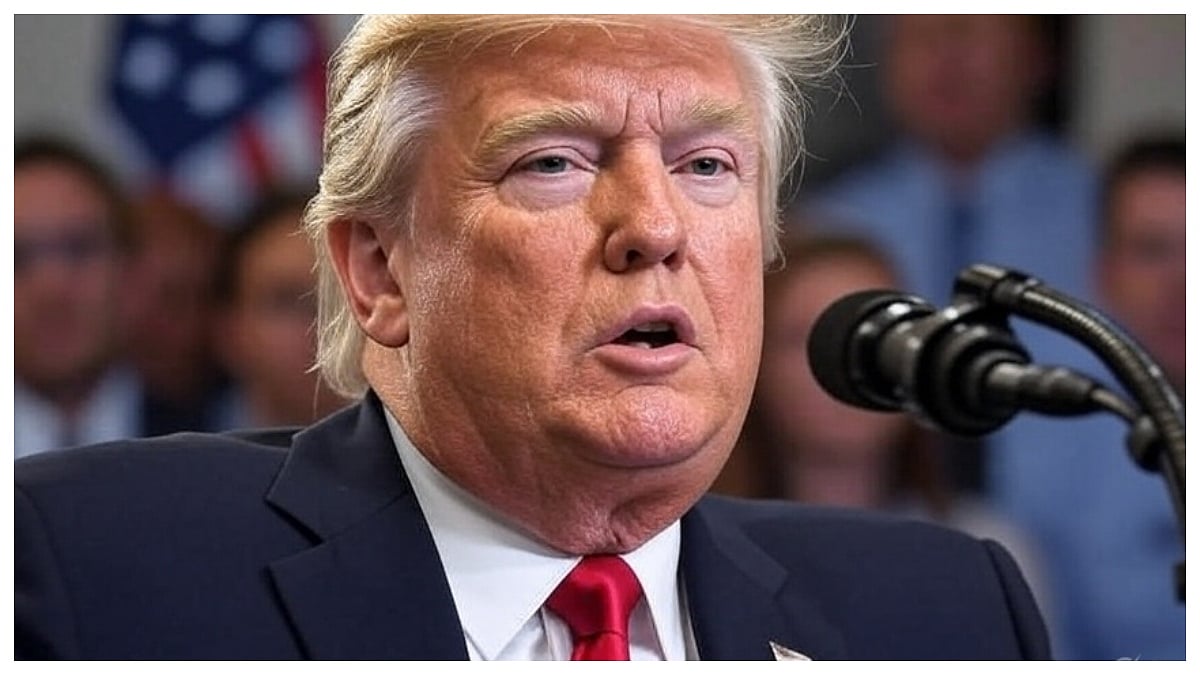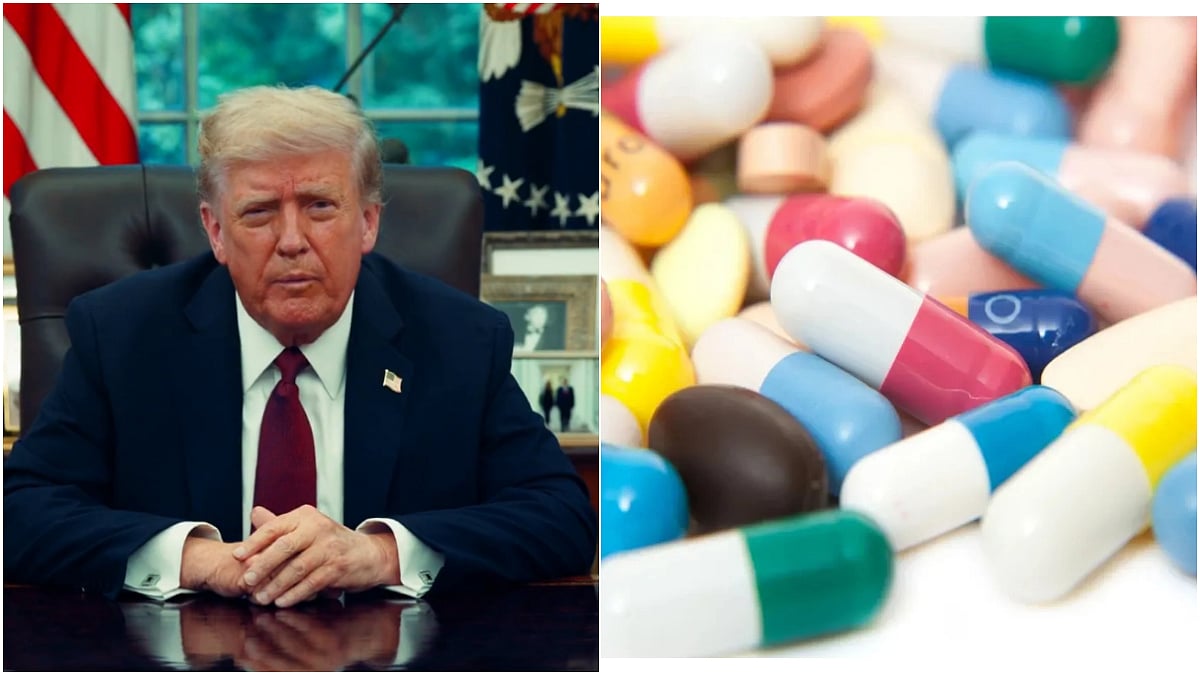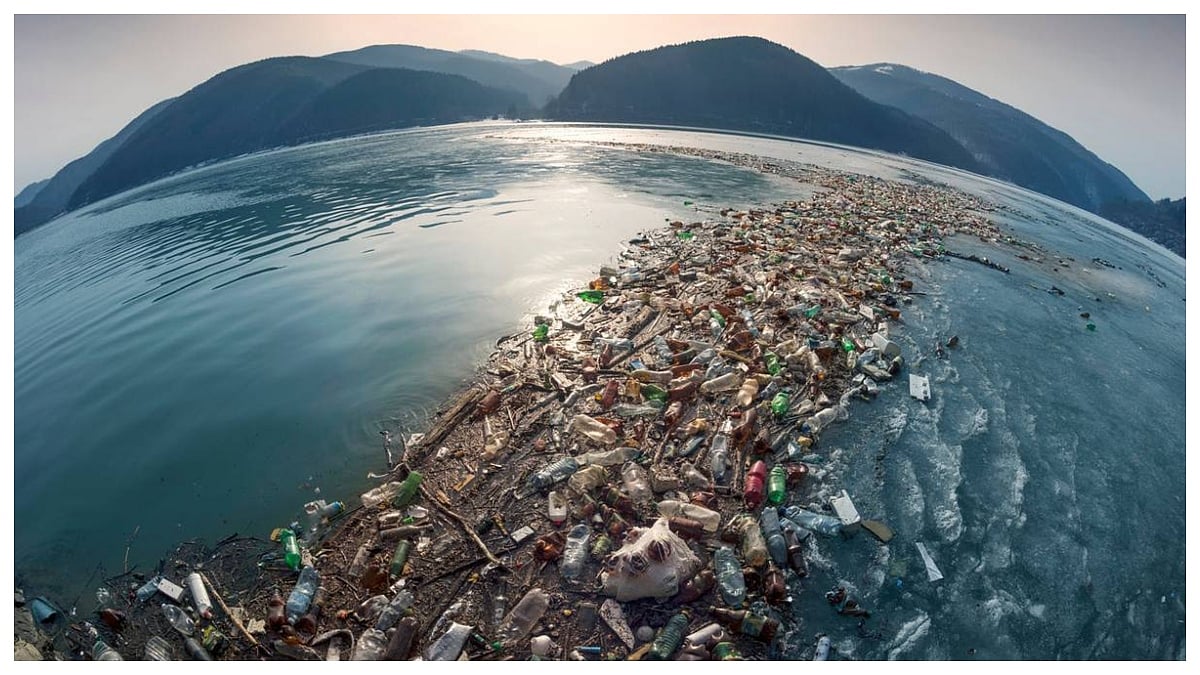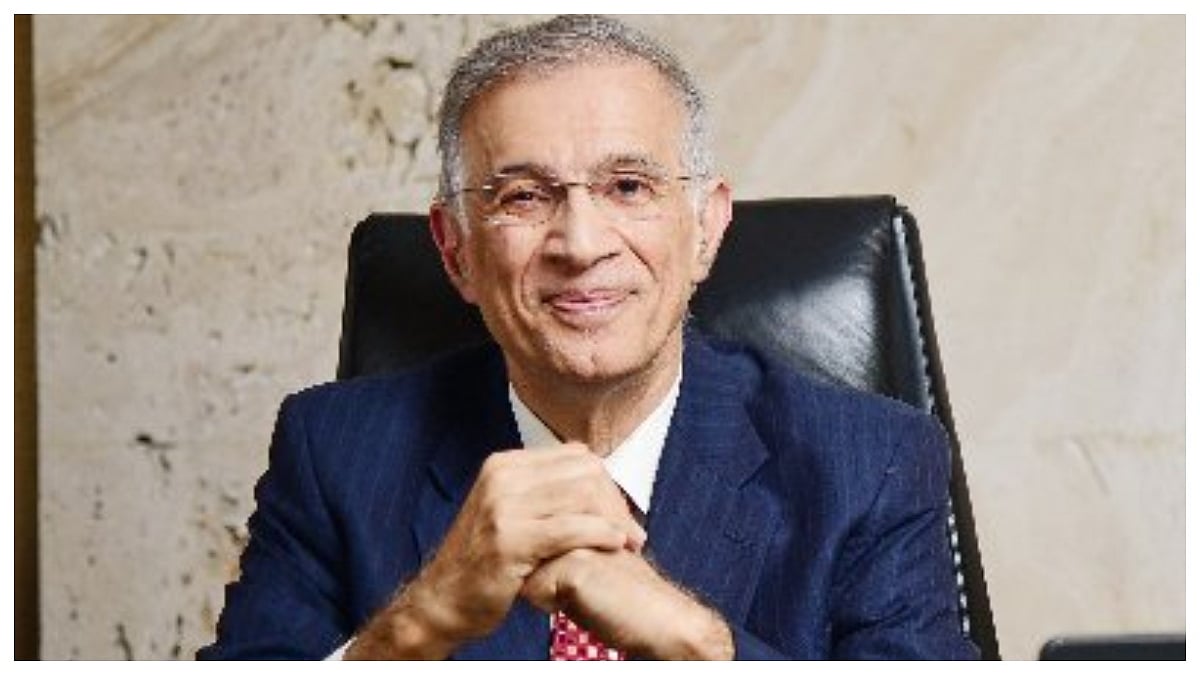Mumbai: US President Donald Trump has announced that from October 1, every branded and patented medicine imported into the United States will attract a 100 percent tariff. This means the price of such medicines will effectively double if the company producing them doesn’t have a manufacturing unit inside the US. The move is seen as an attempt to pressure global pharma companies into setting up production facilities in America instead of importing high-value medicines from abroad.
Who Will Be Hit the Hardest?
This decision is primarily aimed at innovator pharmaceutical companies — the ones that develop and sell new, branded, and expensive drugs. Companies like Novartis, Eli Lilly, and Roche fall directly into this category. These companies had sensed policy changes coming and have already begun ramping up investments in the US. Novartis, for example, plans to invest USD 23 billion in the next five years. Eli Lilly is launching four new manufacturing sites in 2025, while Roche is building a USD 700 million unit in the US. Their proactive strategies may help them avoid or reduce the impact of this steep tariff.
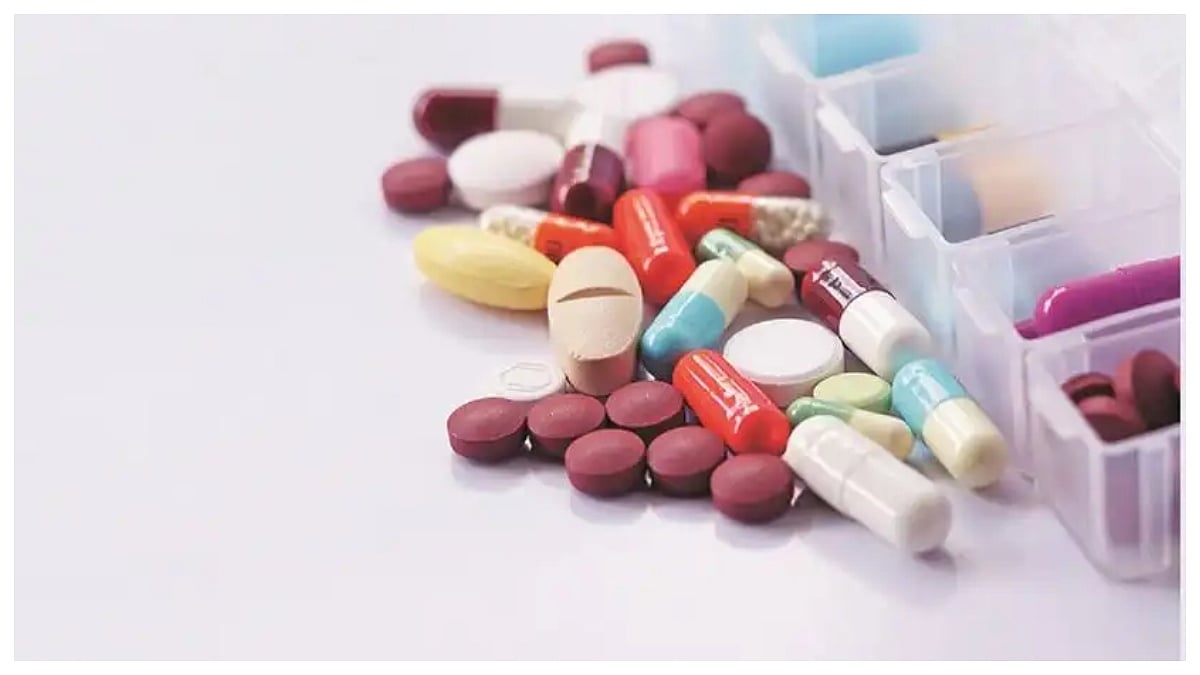
Impact on Indian Pharma: Generic Firms Safe, For Now
India is the world’s largest supplier of generic medicines, which are lower-cost alternatives to branded drugs. India produces about 20 percent of the world’s generics, and 40 percent of the US’s generic drug needs are met by Indian companies. Since the new US tariff applies only to branded and patented drugs, generic medicines are currently exempt. This means that, for now, most Indian drug companies are safe from the impact of this tariff.
But Not All Indian Companies Are in the Clear
While generic manufacturers are safe for now, some Indian companies that have branded or specialty drug portfolios could feel the heat. One such company is Sun Pharma, which earns about 19 percent of its revenue from its specialty drug segment in the US, including products like Illumya, Odomozo, Cequa, and Winlevi. In FY25, this segment brought in USD 1.2 billion. If these products fall under the new tariff rule, Sun Pharma’s profitability could take a hit, with estimates suggesting a 5–10 percent impact on EBITDA.
Another example is Wockhardt, which is preparing to launch a new drug called Zaynich in the US. The drug is currently manufactured in Europe, and since Wockhardt does not have a US-based manufacturing facility, it could fall under the scope of the new 100 percent tariff, making its product much more expensive and less competitive in the American market.
Are Generic Drugmakers Completely Safe?
While generic drugmakers are outside the scope of the current tariff, experts warn that future US policies could become more aggressive, possibly bringing generics under similar scrutiny. This uncertainty is pushing many Indian companies to invest directly in the US. For example, Aurobindo Pharma recently acquired US-based Lannett for USD 250 million, and Ipca Laboratories has formed a manufacturing partnership in Puerto Rico. These moves are seen as strategic efforts to reduce risk and maintain a strong foothold in the crucial US market.
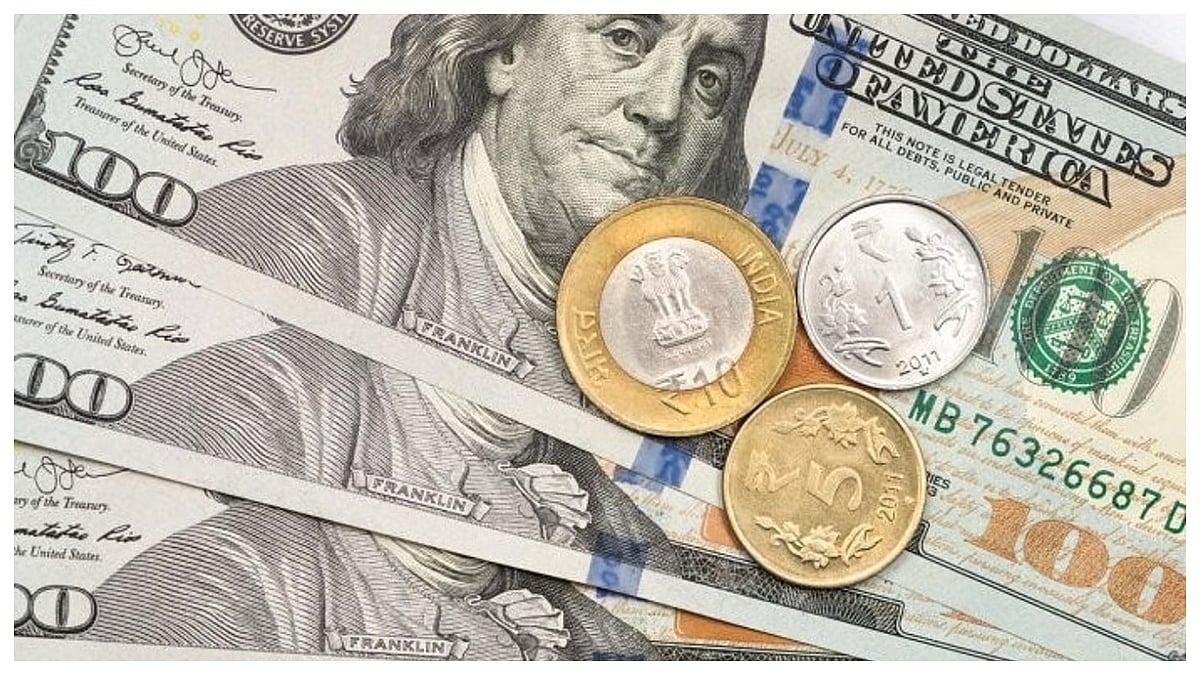
Contract Manufacturers May Suffer
There’s a growing concern in the pharmaceutical supply chain — especially among CDMO companies, or Contract Development and Manufacturing Organisations. If big pharma firms start building their own factories in the US to avoid tariffs, they might reduce outsourcing to CDMOs. This could hurt Indian and global companies that depend on such contracts for a significant part of their revenue.
Can Trump’s Tariff Override Existing Rules?
There are also legal uncertainties surrounding the announcement. Under current trade agreements between the US and Europe, pharmaceutical tariffs are capped at 15 percent. It’s still unclear whether Trump’s 100 percent tariff can legally be enforced or if it might face legal challenges. Another unresolved question is whether this tariff will apply only to finished drug products or also to active pharmaceutical ingredients (APIs) — the raw materials used in drug manufacturing.
Risk and Opportunity for Indian Pharma
In the short term, Trump’s 100 percent tariff policy puts pressure on innovator pharma companies, while Indian generic makers remain mostly unaffected. However, the situation remains fluid. If US policy continues to become more protectionist, even generic drugmakers could face new barriers. Indian pharmaceutical firms are already taking precautions by increasing their investments, partnerships, and acquisitions in the US, ensuring they remain competitive regardless of policy changes. The US continues to be a massive opportunity for growth — but also a rising source of risk.
